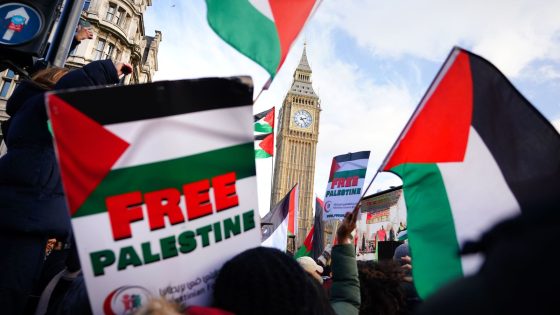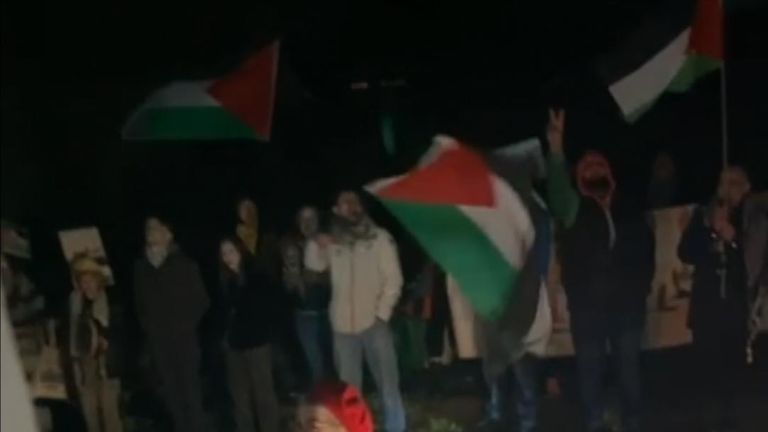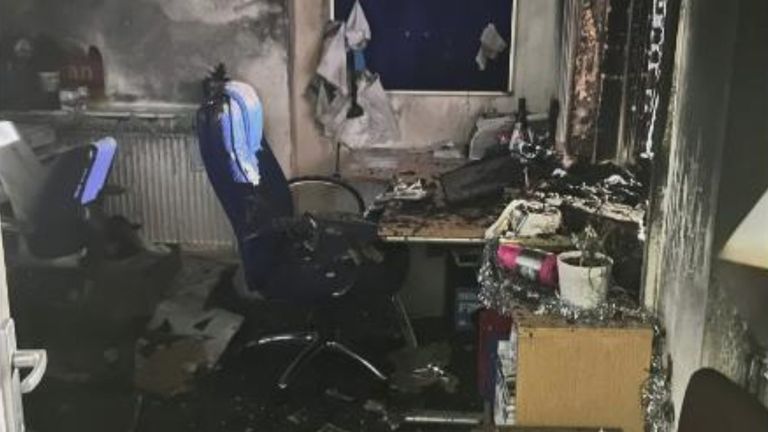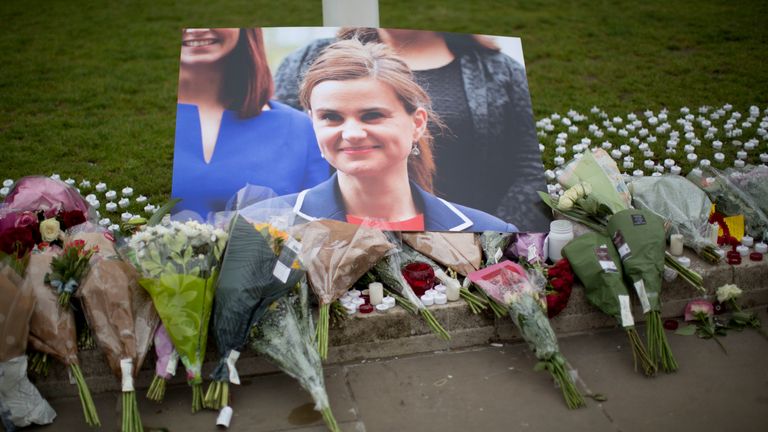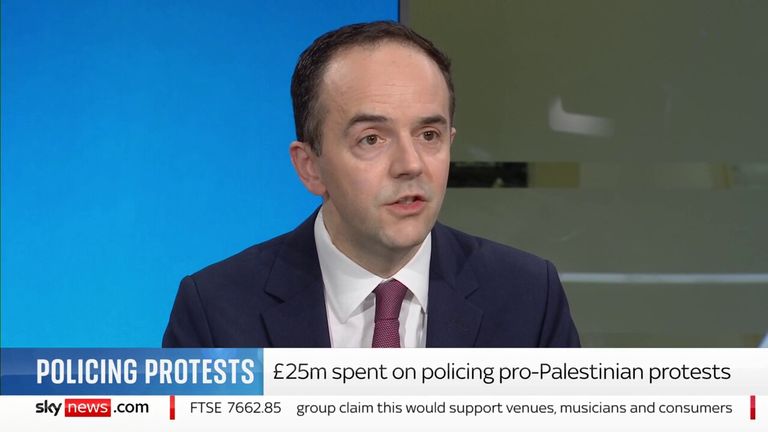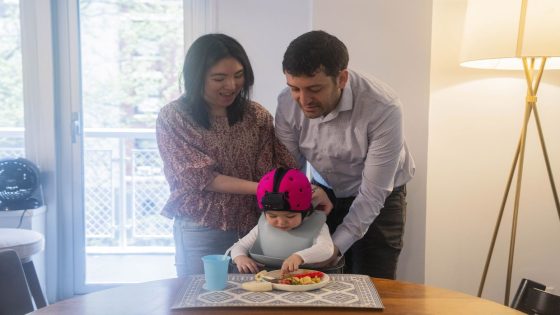Today’s politicians regularly report receiving death and rape threats in the post.
They open their online inboxes and find violent, threatening messages. Some have been pushed and shoved in public.
When did this become an accepted part of the job?
Politics live: Farage hits out at Starmer attack
A debate is now raging in Westminster about MPs’ safety. It has resurfaced in recent months amid heightened tensions over the conflict in the Middle East, with some MPs arguing that protesters have crossed the line.
Some have appeared outside MPs’ homes, their constituency offices and sent aggressive letters.
But, where is the line between peaceful protest and intimidation?
Anneliese Dodds, the Labour MP for Oxford East, was recently filmed walking away from a group of people protesting her stance on a ceasefire in Gaza. They yelled: “You support genocide”, as she crossed the road.
Ms Dodds said: “People absolutely have the right to have their say, particularly on very important issues.
“Where there is, however, a difference is when that strays into intimidation or threatening behaviour.”
Privately, MPs say they are reluctant to talk openly about their experiences because it invites more abuse. Many feel they must suffer in silence.
Earlier this month, Mike Freer, the justice department undersecretary of state, announced he would quit parliament after receiving a series of death threats.
The final straw was an arson attack at his constituency office in north London. He now wears a stab vest at public events.
The government has responded with an additional £31 million to bolster security but organisers of the pro-Palestine marches say they are being scapegoated for the very real and serious threats MPs face – ones that have existed for many years now.
Ben Jamal, director of the Palestine Solidarity Campaign, said: “All of us will know that in the past few years we’ve seen two MPs [Jo Cox and Sir David Amess] killed.
“But what’s going on at the moment, is the attempt to use those sorts of threats to MPs, which should be managed through proper security processes, to conflate that, with legitimate and peaceful protest, and to suggest that somehow people protesting peacefully, including outside MPs offices, including outside Parliament, somehow carries with it a security risk.
“It’s a grotesque conflation, and it’s designed, we know, to delegitimise all of those who are out on the streets because they want a ceasefire to stop a genocide and it’s indicative also of a wider attitude about the legitimate right to protest.”
Read more:
Pro-Palestine protesters ‘preventing policing’ – MP
Police assess Anderson hate speech complaint
£31m found to boost MPs’ safety
‘Words matter’ – Lee Anderson and MPs’ safety
It has been eight years since Jo Cox, a sitting MP, was murdered by a far-right extremist.
Her sister, Kim Leadbeater, who is now MP for the Batley and Spen seat that was formerly Ms Cox’s, warned that extra money for security did not address the root causes of the problem.
She said: “For me, this isn’t about the money. I don’t want to see millions of pounds spent trying to protect MPs. I want us to change our political culture and our political discourse.
“Jo used to say to me ‘politics needs good people’, and those words have stayed with me in recent years, particularly. I’m really nervous we’re going to put decent human beings off entering political life.”
Political careers should be decided at the ballot box, but some are probably being cut short before they even get going.
Source Agencies

